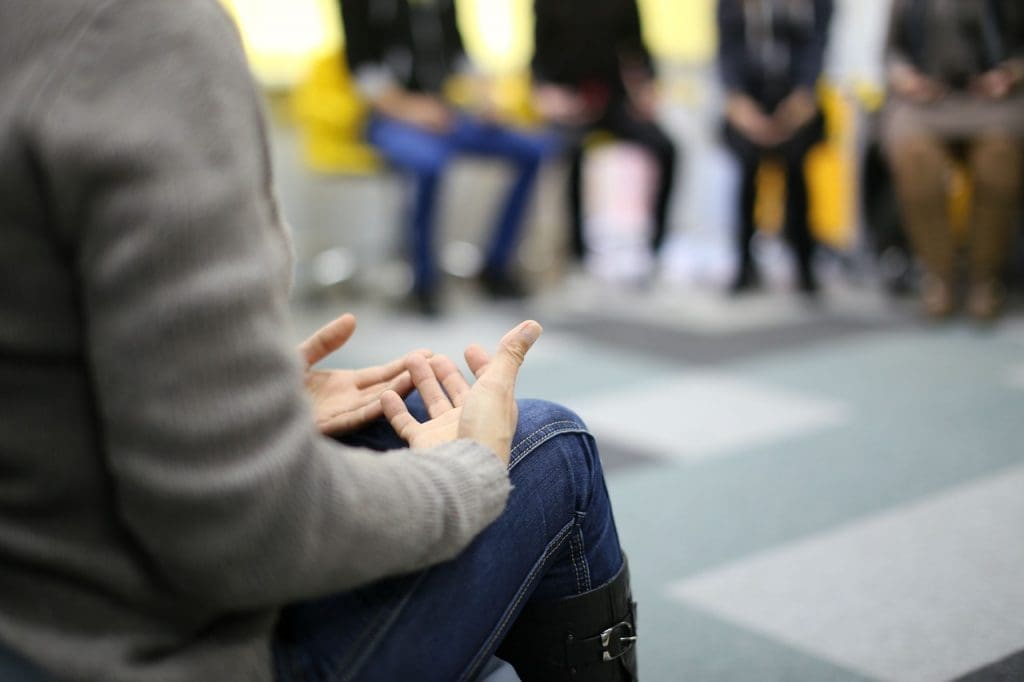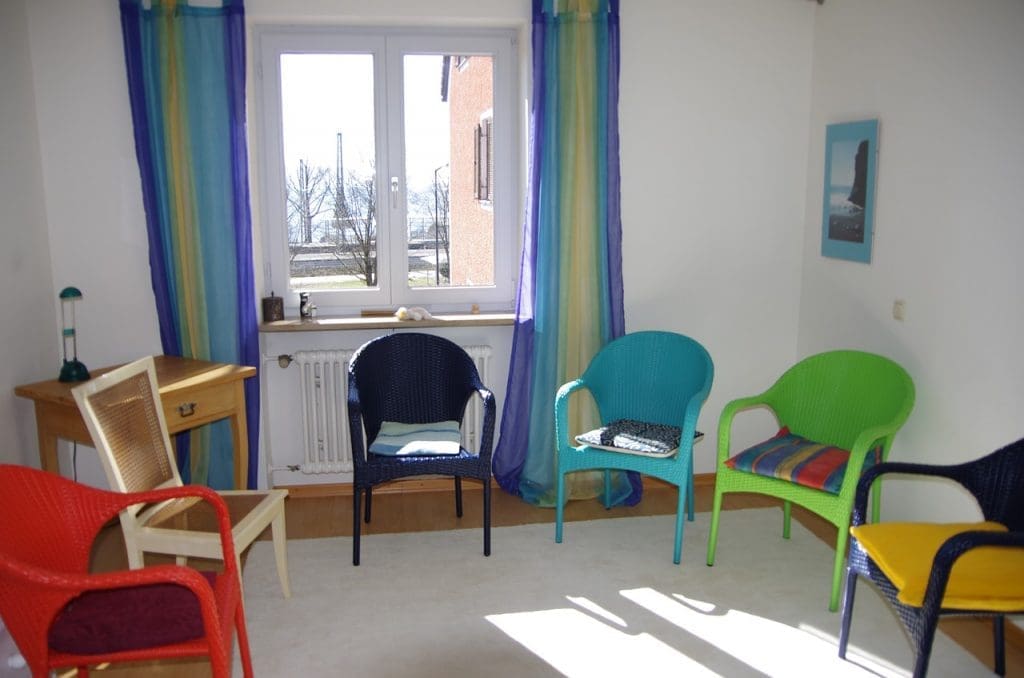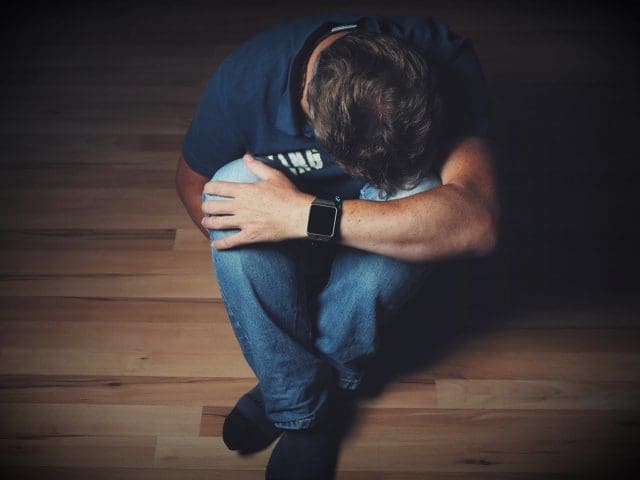At times most of us feel sad, lonely, or depressed. When we lose a loved one, depression is a normal reaction to loss. Losing employment, moving to a new location can cause one to feel depressed. Some people get depressed at certain times of the year, especially during the holiday season. Certain medications can cause depression. Abusive situations in the present or past can trigger depression. Life changes such as loss or change in employment, moving to a new location, graduation, even getting married can cause depression. If you are experiencing depression symptoms you may want to check the advantages of group psychotherapy for help.
Symptoms
How do you know you have depression, and what should you do about it? Depression is very complex and can be caused by many different things. Symptoms of depression include:
- Changes in sleep – too much or too little
- Changes in appetite – eating too much or not enough
- Relationship issues at home and work
- Loss of interest in things you once enjoyed
- Feeling hopeless all the time
- Unable to concentrate, memory issues
- Easily agitated, lashing out at others
- Moodiness and irritability
- Alcohol or drug abuse
- Unexplained aches and pains
- Withdrawal from friends and family
- Thoughts of suicide

If the sadness just doesn’t go away, it may be time to seek help. Talk to your primary care doctor about your symptoms. Ask for a referral to a psychotherapist who specialized in depression. There are plenty of online resources available, such as BetterHelp.com, that you can reach out to for help.
If you are having thoughts of suicide, please contact the National Suicide Prevention Lifeline at 800-273-8255. They are available 24/7 to help you. Don’t wait. Your life is important. Suicide is a permanent solution to a temporary problem. They can help you with your pain that is so unbearable.
Group psychotherapy
Depression responds well to treatment. You will need to see a therapist for an evaluation to determine if you need medication or if therapy will be effective. Group therapy may be an ideal choice to help address your concerns and help you make positive changes in your life.
People who are suffering from anxiety and depression tend to be lonely. The best way to help them is to let them work with others to make them feel they are part of the community and are appreciated.
Meeting with total strangers can be a bit intimidating at first. Group therapy involves people who are suffering from the same problem. This makes the participants realize that they are not the only ones with the problem. That alone works towards their healing process.
When they share their problems, it will help them bond and help each other in the healing process. Members of a group can even meet outside the therapy sessions and continue supporting each other. However, the groups should be small to ensure each member can share his/her experiences, and the therapist can get to know each participant at a personal level.


What to expect with group psychotherapy
Group therapy will have one or two psychotherapists who will lead a group of three to 15 patients. You may meet for an hour once or twice a week. You may also have one-on-one therapy in addition to group therapy. The groups usually focus on a specific problem such as depression. The group may meet for six weeks or longer as needed.
Benefits of group psychotherapy
The advantages of group therapy include:
- Support and Encouragement: Members of the group see that others are going through similar problems. They are not alone. Members can support and encourage each other.
- Hope: When members see how someone had successfully coped with a problem, it gives them hope that they will also be successful.
- Free to share: Since participants in a psychotherapy group undergo the same challenges, there’ll be no judgment. You can freely share your feelings and challenges, and no one will judge you. Other members of the group will relate to your challenges. Even if your situation is a little different, the other members will empathize rather than judge you.
- Social skills: Working with a group helps those that have withdrawn from social interactions to re-engage with people.
- Communication and listening skills: In a group, you learn how to share your feelings. In return, you listen as others share their thoughts. The group becomes a sounding board for each other. No one will force you to talk during a group therapy session. You can listen to your therapist and your colleagues and learn from them without making any contributions. But if you feel like talking, you’ll also be allowed to do so.
- Learn about yourself: As you share and receive support and encouragement from others, you learn more about yourself. You see yourself through other’s eyes.
- Confidentiality: The group should be a safe place to share your feelings. Everything that is said in the group should remain in the group. Many people think that going to group therapy sessions will make their personal information public. In many cases, the therapist will ask the participants to sign a confidentiality agreement that binds each member to keep everything discussed privately.
- New friends: Group members start as strangers but become people that you can trust. They understand you because they are going through similar issues that you are.
- Affordable: Group psychotherapy sessions are more affordable than one-on-one therapy sessions. The cost of the therapists’ time for one-on-one sessions can be divided among the group. Most medical insurance companies will pay for group sessions. You will want to check with your insurance company for specifics.
Disadvantages of group psychotherapy


Not everyone will benefit from group therapy.
- Extreme shyness: If someone is extremely shy, they may be uncomfortable sharing their feelings with a group. It is possible after one-on-one sessions, they may be able to feel comfortable to join a group.
- Personality clashes: We must face the fact that not everyone likes everyone. There may be someone in the group that you clash with. Your option is to either change to a different group or go to one-on-one therapy. Don’t stay in a group that makes you feel uncomfortable. You are there for healing, not to add to your distress.
- Lack of trust: Each member must feel they can trust each other. Some people have a more difficult time with personal relationships. They find it difficult to trust their feelings with others.
- Social anxiety: If an individual has low self-esteem, they may feel rejected easily. Those that have difficulty speaking in front of others may not do well in a group setting.
Final Words
Group psychotherapy can provide an excellent outcome for some people. It gives them a place to share their feelings. They realize that they are not the only ones going through the same challenges. The group provides a network of support that they can turn to in difficult times.
However, not everyone will be comfortable with sharing their feelings or speaking in a group. In this case, personal psychotherapy sessions will be more effective.
Featured Image by Holger Langmaier from Pixabay




